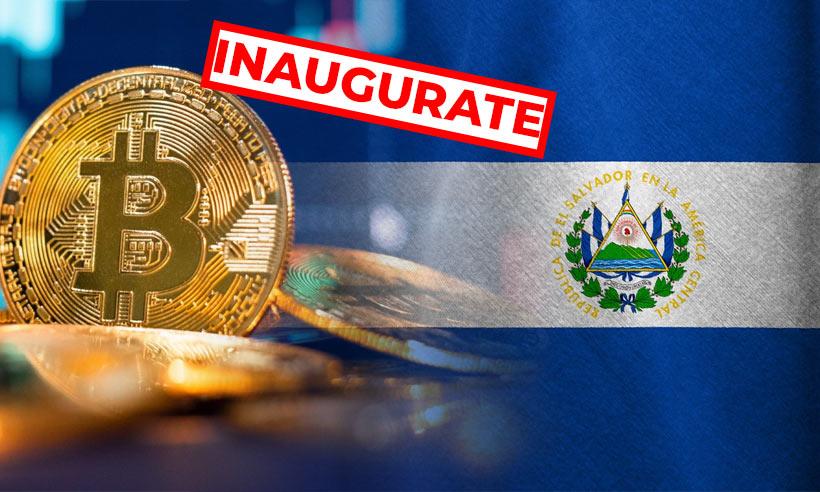Nov 21, 2021
El Salvador to Soon Launch Bitcoin Backed City Using $1 Billion BTCs
.
Disclaimer: The views and opinions expressed in this article are for informational purposes only and do not constitute financial, investment, or other advice. Investing in or trading crypto assets comes with a risk of financial loss.
Shumaila Khan is a Senior Editor, a Management Professional, and a novice Crypto-Enthusiast who has authored and co-authored scores of works and research publications in various fields like sales, marketing & communications, geo-politics, and science including crypto asset class and its global impact on the world economy and market. As a keen observer of current and plausible trends in the crypto space, she’s been working to provide fresh content with a clear and resourceful perspective that would help build general awareness about the dynamics of cryptocurrency, its know-how, and sustainability.
